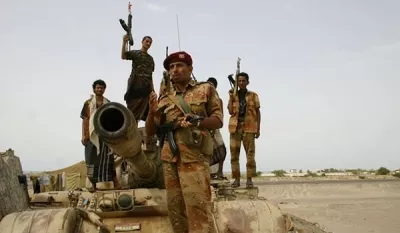Blog Post
from
Iran Matters
Highlights
- Nuclear negotiators closed in on the March 31 deadline for a political framework agreement, with both sides reportedly continuing to disagree on central issues such as level of uranium enrichment, pace of sanctions relief, length of the agreement and status of research and development. The deadline is midnight tomorrow in Lausanne, Switzerland, or 6pm in Washington.
- Sens. Bob Corker (R, Tenn.) and Bob Menendez (D, N.J.) agreed to delay a committee vote on the Iran Nuclear Agreement Review Act until April 14, ceding to heavy White House pressure not to hold vote before the Senate’s recess.
- In response to Saudi-led military action in Yemen, Iranian President Hassan Rouhani “condemned all military intervention in the internal affairs of independent nations.”
Diplomacy and nuclear issue
Sanctions and Iran’s economy

Iranian domestic politics
US-Iran relations
Geopolitics and Iran
Israel